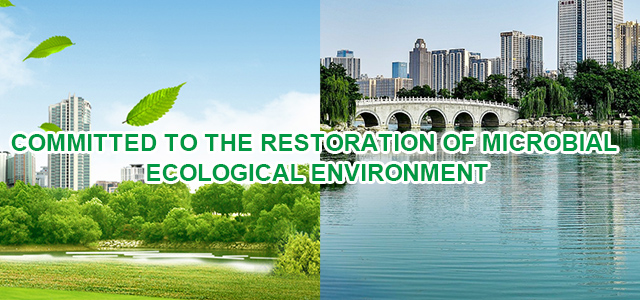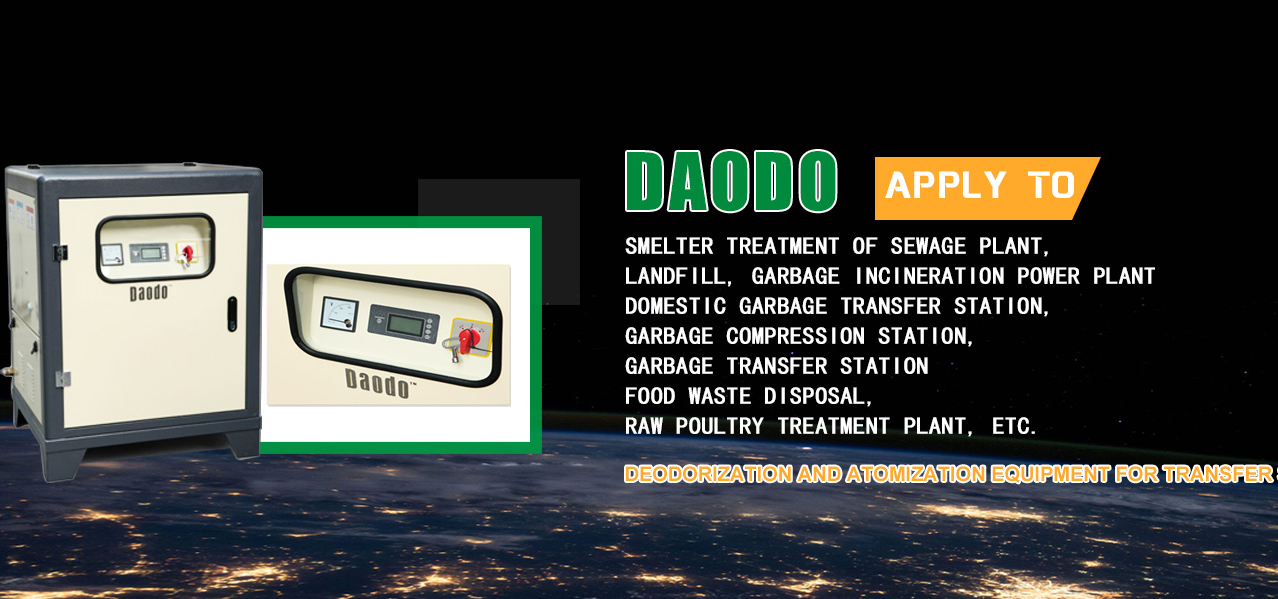Before the end of 2017, the import of solid wastes with great environmental hazards and strong reaction from the masses will be completely banned; by the end of 2019, the import of solid wastes that can be replaced by domestic resources will be phased out... China's ban on "foreign garbage" has caused widespread international attention. The pile of rubbish has made many countries call it "unable to eat", and even incurred unreasonable accusations in some countries. However, there is justice in the world. A rational voice pointed out that the world should be "grateful" for China.
"China is grateful"
"China used to be thankful as a recipient of waste plastics." Germany's "Süddeutsche Zeitung" made such a comment. This is indeed the case.
Currently, global waste exports are highly dependent on China. According to data from the United Nations Commodity Trade Statistics Database, more than 70% of the world’s waste plastics and 37% of waste paper were exported to China in 2015. European countries and the United States are the main sources of these waste products.
According to the Spanish newspaper “National newspaper”, China has been the largest importer of waste materials including waste plastics, paper and textiles since the 1980s. These imported garbage mainly come from developed countries. In 2015, China imported a total of 46 million tons of waste. In 2016, 56% of the world’s final waste destination was China.
The "Paris Illustrated" Belgian website reported that in the past, 2/3 of the sorted garbage was recovered on the spot in Europe, and the remaining 1/3 was shipped to China. China imports 50 million tons of solid waste annually, of which 9 million tons are plastic waste alone, mainly from Europe and the United States.
Germany’s Süddeutsche Zeitung reported that 1.5 million tons of waste plastics were shipped to mainland China and Hong Kong in 2016 in Germany alone, accounting for half of Germany’s total waste plastics. The UK shipped nearly 800,000 tons of plastic waste to China last year, accounting for about 65% of the total waste plastic in the UK.
The British "Guardian" pointed out that since 2012, the UK has exported 2.7 million tons of waste plastics to China, accounting for 2/3 of the UK's total plastic exports.
According to the "New York Times" report, about 2/3 of the waste in the United States is processed within its territory, and the remaining 1/3 is exported to 150 countries around the world, of which China is the largest waste export destination in the United States, accounting for about 40% Share. Some media also pointed out that of the 37 million tons of garbage exported by the United States in 2017, 1/3 was shipped to China.
forced western environmental reform
China's rejection of "foreign garbage" forced the West to quickly take measures to deal with it. "Paris Competition Pictorial" reported that China's foreign waste ban will bring new weather to the recycling industry, and the future of waste classification will be more careful than in the past.
Some companies from developed countries have begun to increase waste sorting and sorting facilities to meet China's increasingly strict standards for solid waste imports. American environmental policy expert Frank said that in order to meet China's new standards, the United States is currently using artificial intelligence to sort waste.
Erik Solheim, Executive Director of the United Nations Environment Program, said that China’s crackdown on the import of “foreign garbage” should be a signal for rich countries to strengthen recycling. In fact, many countries have already begun to take action.
The British "Financial Times" website reported that the impact of the ban on exporters of waste products is self-evident, the EU quickly responded and decided to levy taxes on plastic bags.
The House of Representatives Environmental Monitoring Committee of the British Parliament proposed in a report that taxation policies should be used to improve the UK's waste recycling and reprocessing industry. According to the New York Times, in response to this, starting from February this year, Starbucks began to adjust prices at 20 to 25 stores in central London. A cup sells 5 pence more. If consumers bring their own cups, they can buy coffee Discount 25p.
On January 23, the EU announced its first plan to dispose of plastic waste, which will phase out disposable plastics. The goal is that by 2030, all plastic packaging used in the EU must be able to be recycled
British Prime Minister Theresa May also said in January that the United Kingdom will eliminate all avoidable plastic waste within 25 years.
Germany's "Süddeutsche Zeitung" reported that Germany, as a large country of garbage collection and sorting, was clearly hit by the Chinese ban. Germany will gradually increase plastic recycling in the next few years. At present 36% of plastic waste is recycled, and by 2022, this proportion should rise to 63%. At the same time, the European Union is also drafting a new circular economy package plan, with the goal of increasing waste recycling.
Contribute to global ecological security
"Although the problem of waste disposal cannot be solved overnight, China has taken a valuable first step after all." Some media said.
Spain's "National News" reported that the recycling of large amounts of waste has a serious impact on the environment. The report describes the situation in Guiyu, Guangdong: the rivers and rivers in the area are dark in color, the health of the local people is also experiencing problems, and the incidence of cancer is rising year after year.
In fact, from heavy industry, raw material processing to textile industry, rich countries transfer polluting industries to poor countries. This is not only happening in China. The wastewater from some textile factories in Bangladesh has also seriously polluted the river.
China's ban on "foreign garbage" has made a good start to change all this. Spain's "National News" believes that China's ban on "foreign garbage" will help reduce the harm caused by "foreign garbage" to the environment, and will also enhance China's recycling industry's ability to deal with the increasing domestic waste.
The British Financial Times website quoted experts' views that after sealing the "foreign garbage", the recycling industry can only go back and think about how to establish and develop its own recycling system in China; and the high-quality disposal capacity firepower Fully disposing of domestic resources will inevitably reduce the proportion and amount of garbage entering small workshops. In the long run, the ultimate goal of the ban is undoubtedly to improve the recycling rate of domestic solid waste, and even force out the front-end waste classification to promote the development of circular economy.
Greenpeace East Asia Branch also believes that the cessation of imports of "foreign garbage" will promote the development of domestic solid waste processing and utilization industry and the separation and recycling of garbage. Taking the waste plastics industry as an example, China’s annual imports of waste plastics have soared from 300,000 tons in 1992 to 7.34 million tons in 2016. After the imports are stopped, Chinese waste plastics companies will face a raw material shortage of millions of tons per year and need to pass Domestic waste sorting and solid waste recycling systems are filled.
Create a good production and living environment for the people and contribute to global ecological security. China has set an example.








